Planetary Science
-
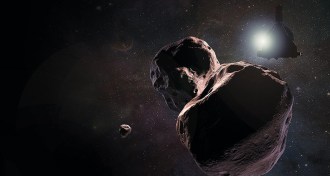 Planetary Science
Planetary ScienceNew Horizons gears up for its close encounter with Ultima Thule
On January 1, the New Horizons spacecraft will fly by Ultima Thule, the first small Kuiper Belt object ever to get a close visitor.
-
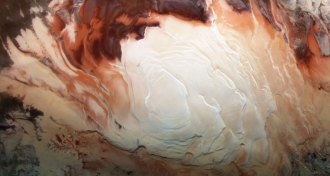 Planetary Science
Planetary ScienceA buried lake on Mars excited and baffled scientists
Planetary scientists are still trying to explain how a lake could have formed beneath a kilometer and a half of Martian ice.
-
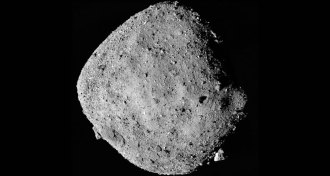 Planetary Science
Planetary ScienceNASA’s OSIRIS-REx finds signs of water on the asteroid Bennu
NASA’s OSIRIS-REx spacecraft found signs of water and lots of boulders on the asteroid Bennu.
-
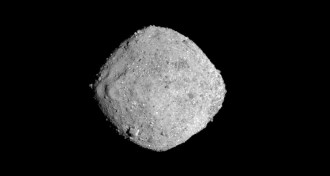 Planetary Science
Planetary ScienceNASA’s OSIRIS-REx spacecraft has finally arrived at asteroid Bennu
Planetary scientists hope the probe will reveal if such carbon-rich asteroids helped kick-start life on Earth.
-
 Planetary Science
Planetary ScienceNASA’s InSight lander has touched down safely on Mars
NASA’s InSight lander just touched down on Mars for a years-long study of the Red Planet’s insides.
-
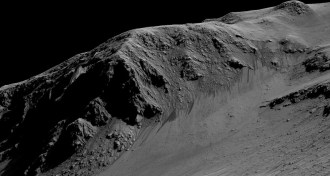 Planetary Science
Planetary ScienceAn orbiter glitch may mean some signs of liquid water on Mars aren’t real
The way that scientists process data from a Mars orbiter creates what look like signs of saltwater, but may actually be nothing, a study finds.
-
 Science & Society
Science & SocietyReaders react to the SN 10 and Jocelyn Bell Burnell
Readers expressed their thoughts about the SN 10 scientists, Saturn's hexagons and Jocelyn Bell Burnell.
-
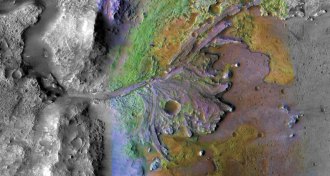 Planetary Science
Planetary ScienceNASA’s Mars 2020 rover will look for ancient life in a former river delta
NASA’s Mars 2020 rover is going to Jezero crater, the site of an ancient river delta that may harbor signs of life.
-
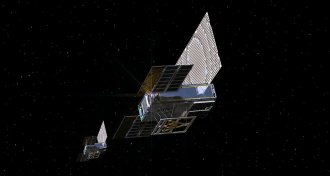 Planetary Science
Planetary ScienceTiny satellites will relay news of InSight’s Mars landing in minutes, not hours
NASA’s InSight Mars lander brought along two tiny CubeSats to send details about the spacecraft’s landing to Earth in almost real time.
-
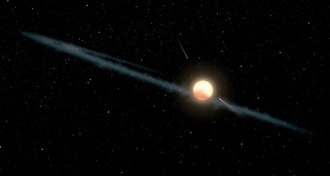 Astronomy
AstronomyAstronomers spot another star that flickers like Tabby’s star
The irregular flickering of star VVV-WIT-07 is reminiscent of Tabby’s star, which brought speculation of alien megastructures.
-
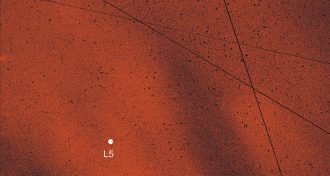 Astronomy
AstronomyOne of Earth’s shimmering dust clouds has been spotted at last
Almost 60 years after a Polish astronomer spotted clouds of dust orbiting Earth near the moon, astronomers have detected those clouds again.
-
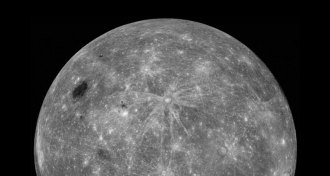 Planetary Science
Planetary ScienceChina is about to visit uncharted territory on the moon
The next two Chinese missions to the moon will visit places no spacecraft has been before. The rest of the world wants a piece of the lunar action.